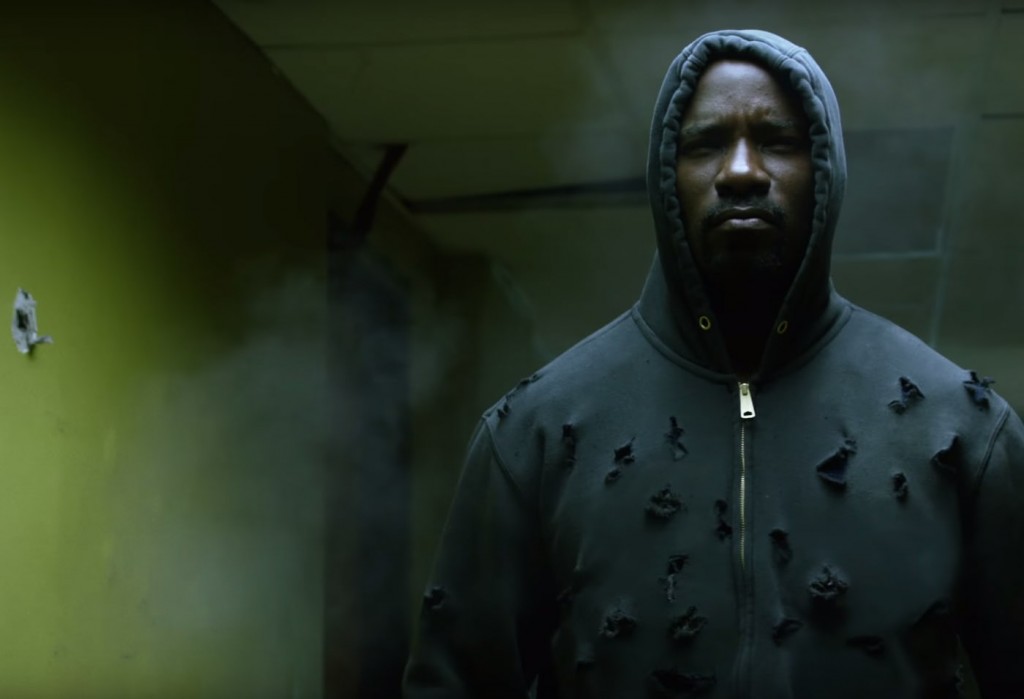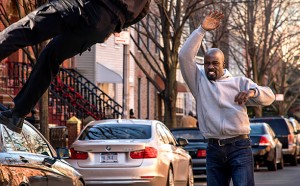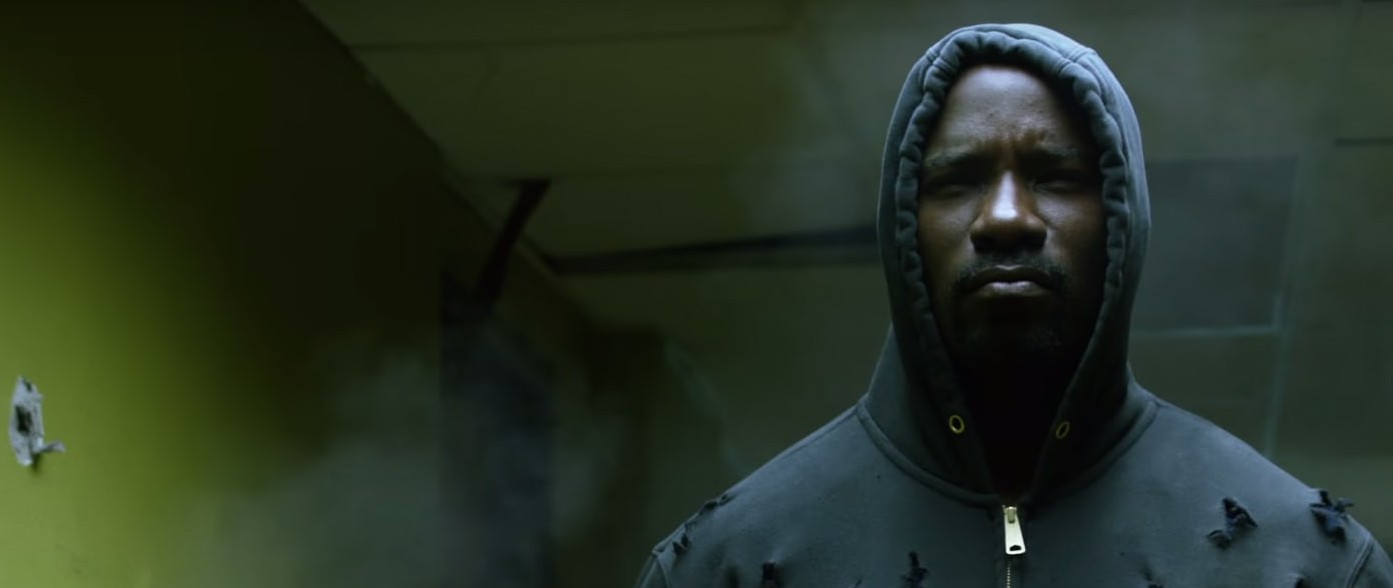
Black America’s superhero has finally arrived. With the recent release of the “Luke Cage” Marvel series on Netflix, audiences are now witnessing a comic book-inspired show completely revolved around black characters.
In “Luke Cage,” which is set in Harlem, residents are unabashedly black, living their lives as normal. The one caveat is a black man wearing a hoodie, decried as a vigilante and thug, who has much more than meets the eye – superhuman strength and impervious skin. Scene after scene, bullets ricochet off him, leaving only tattered clothes as victims. Walls are punched opened, gunmetal is bent and gangs with firearms are defeated by a lone warrior – Luke Cage.
In discussing the character Luke Cage, the show’s creator, Cheo Hodari Coker, told an audience at Howard University that “it’s important for him to be a black superhero — not a superhero who happens to be black.” Coker also emphasized the show’s commitment to realism, and “for it to be a reality” buttressed by the inclusion of black bad guys. “We’re not ignoring that there are villains who are black,” he said, just like there are superheroes who are black, too.

According to Business Insider, Symphony Advanced Media ranked the new series No. 5 among Netflix’s top 20 original shows with 3.5 million viewers in its first week — even ahead of Marvel’s “Jessica Johnson,” where the public got its first glimpse of Luke Cage, portrayed by Mike Colter. It is not surprising that a black superhero should grab the attention of a nation when countless bullets have killed many black males and females.
“Black Americans are 2.5 times as likely as white Americans to be shot and killed by police officers,” according to a Washington Post article by Wesley Lowery that incorporates real-time analysis of shootings and U.S. Census data. And they are more likely to have been unarmed, the article stated.
Although government continues to advise people to trust the system, trust the law, nothing seems to change. Having injustice after injustice occur with little to no justice rendered can leave a people dejected and demoralized. On cue, step in a tall and powerful black man immune to gunfire, bullets and almost any other weapon dispatched against him. Luke Cage is invincible. He is the change and action the community has hoped for.
Cage’s black hoodie stands as a symbol of black significance, resistance and triumph. Walking unmasked through the streets of Harlem, righting the wrongs trashed onto the community, Cage brings recompense to a battered people. He brings hope that things can get better and that justice can be served. And his “swag,” conviction to stay true to his principles regardless of the melee that may ensue, is just what so many people need to see. He demonstrates that regardless how hard the battle may be, it is worth the effort to win the war.
What’s most compelling, however, may not be his superhuman strength and indestructibility, but perhaps his flawed, true self. Luke Cage is not perfect, nor does this series try to assert that. Instead, the audience sees a man who is fighting to do the right thing, but doesn’t always get it right.
He is a protector of the people, even when those people don’t appreciate it. He is a believer in the community, even though the community disappoints and goes the wrong way at times. He is a reflection of black life at times devalued and misunderstood.
Walking the streets of Harlem, he walks through the pages of black history giving us truth to hold on to, inspiration to continue and pride to know that the impossible can be done. This history fuels us with the desire to continue in his broad, commanding strides in elevating the community. “Always Forward. Forward Always.”
Anthony Brown covers arts & entertainment for 101Magazine.net and The Hilltop, Howard University’s campus newspaper.










Recent Comments